“Common sense will prevail” my Grandfather used to say, grumbling at the news. Hidden beneath his favourite well-trodden sentences was a quiet, doubtful hope.
Three decades later, is common sense the opposite of intended? If the majority act without wider consideration or care for knowledge, is a lack of sense more common?
There’s a rough estimate that if all humans bunched together they could fit — if not live comfortably — on the Channel Islands. Spread us around and there’s still plenty of space, but then we need more land for agriculture, recreation, commerce, transport, and the more we use it the less productive it becomes.
As space and resources begin to feel scarce, most humans panic. It begins slowly, masquerading as stress, anxiety, depression. All of these heighten fear and reduce confidence, which in turn lessens our capacity to cope.
This is when we react poorly and when we make unmeasured decisions. This is when our priority is to protect our comfortable state, the physical things we own, and the rules we have come to believe. And it’s at this point that open-mindedness and a capacity to learn gives way to survival. This is when opinion and how we feel becomes more important than science and fact.
The reaction to Coronavirus was predictable. The luxury of distant communication has given us a predilection towards acting on impulse. Values and community have long given way to wants and cruelty.
Of course, it was always going to be a virus that would tame our own spread. The way we’re able to move and mingle, to attend a sporting event with thousands and then travel in a metal tube to meet with others on the other side of our planet in a matter of hours, it’s infection-heaven. It seems unlikely that COVID-19 will be that virus but it is an excellent training tool. Or rather, it would be if we were long-term thinkers.
While Coronavirus is concerning I’m not scared by the virus, I’m terrified by the reaction to it. There’s the devastating chance that we’ll be so shamed into our COVID-19 hysteria that when something really bad comes along we’ll under-react.
As any member of the emergency services will tell you, panic kills. In this case, the internal micro-tremors of normal life, let alone the uncomfortable sense that we’re seeing the early scenes of an apocalyptic movie play out in front of our eyes, will doom us in the long-term. We’re rarely able to cope sanely with a difficult week at work, so we’re not best placed to deal with the onset of an invisible global killer.
Rather than work together, we start by protecting ourselves in the only way we know how. Scramble-shopping for toilet paper wasn’t the plan for many, but once they saw it was running out then grabbing the final roll became a priority, sweaty hands all rubbing up against the same shelves together.
It wouldn’t seem rash to base an average plan of action on tackling the root of a problem, or at least working effectively as close to the root as possible. Yet, it seems we’re a bunch of leaf-pickers. Either too lazy, unimaginative, stuck in our ways or simply lacking hope to do justice to our time on this wonderful planet.
Over population is forcing humans closer to the water at much greater rate than human activity forces the sea to rise in our direction, and while climate change is real and critical, the cause is sheer, uncontrollable, sheep-like momentum of growth — economic, material and physical — is our true downfall.
Comparing other causes of mortality to Coronavirus is perhaps pointless, but while it’s likely that more Britons will die from influenza or in car accidents than from Coronavirus this year, this thing is still killing people, so we should pay it some attention.
But at the same time, it all feels like a slow news day/week/month. At the best of times we must stop giving traditional or social media the ability to swing us into hysteria.
Let’s choose our sources of information based on calm sanity, and not clickbait or gossip. Swiftly-written deadline-sensitive articles are going to be loose on facts, hot on sales. One year ago I ditched mainstream news for podcasts as the source of current affairs. There’s a greater sense of trust in hearing a voice through a medium that takes some time to compile. Of course, tuning into multiple channels and being aware of publication agendas helps to create our own balance, more than just reading the paper that we know will tell us what we want to hear.
Above all, let’s listen to the experts, by definition they’re the ones who know what they’re talking about. Stay healthy, stay calm, stay informed and give those hands a little wash.








